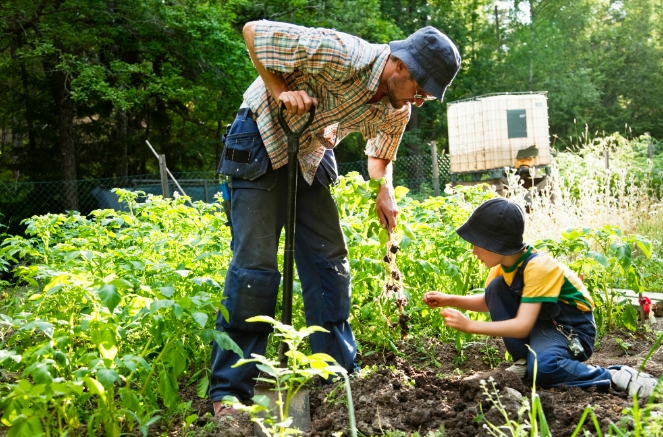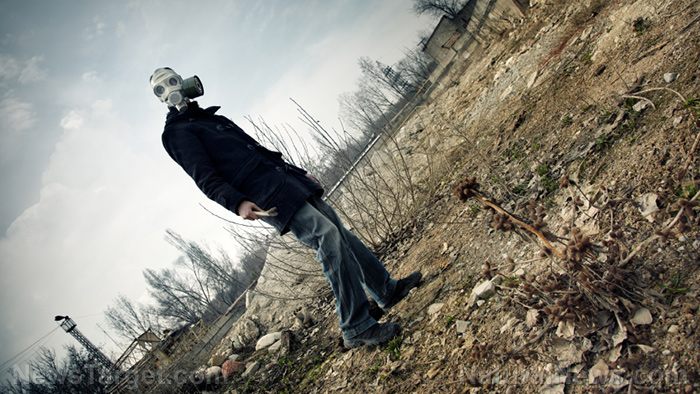
Advertisement
Preppers and homesteaders are often seen in a different light. When ordinary people imagine preppers, an image that often comes to mind is that of a doomsday prepper armed to the teeth with ammunition, holed away in an underground bunker, and surrounded by a network of survival caches. By contrast, when people think of homesteaders, they may picture a person or a small group of people who live in isolation by growing their own food and living off the land. While it might be possible that real people do exist who may perfectly fit these descriptions, these are not necessarily accurate representations of what it means to be a regular prepper or homesteader. Both are common stereotypes that exist on opposite sides of the spectrum. The truth is that there is an overlap between the two. Here are a few ways homesteaders and preppers may have more in common than most people realize. (h/t to EdThatMatters.com)
Both believe in self-reliance
A lot people can often feel trapped by the proverbial rat race of modern urban living. That’s not even taking into consideration all the restrictive rules and regulations that the government has imposed on its people. Preppers and homesteaders both value self-sufficiency and the freedom from relying on the government. They see this independence as something liberating. They are often empowered by their ability to completely rely on only themselves for their own needs. Preppers may lean more toward storing food in a survival pantry, but there’s nothing stopping them from also growing their own survival garden, just as homesteaders grow their own crops. They both know what they want, and they know that they are capable of taking care of themselves. With this kind of freedom, preppers and homesteaders alike can live their lives at their own pace. They can still interact with civilized society, but they do so on their own terms.

Both prefer to live off the land and get in touch with nature
While some preppers may live in urban areas, others may choose to live off the land, similar to homesteaders. But while homesteaders tend to raise their own livestock in an agricultural area, preppers may hunt game for food in a remote area in the wilderness. Either way, both get to live a life away from crowded cities and densely populated areas. They can both live sustainably and let nature provide for all their needs. These lifestyles promote a culture of prospect wherein both homesteaders and preppers only take what they need to survive. They do not abuse nature, but instead, live in harmony with it. (Related: The two types of preppers and what each one can teach you about survival.)
Both tend to scavenge and re-purpose discarded items
Survival scavenging is about finding useful objects that no one else uses and re-purposing them to suit one’s needs. Preppers and homesteaders are often very skilled at making their own DIY contraptions and devices. To create such contraptions, they often salvage and reuse objects that other people no longer have any use for. In this manner, they both still see value in items that no one else wants. Their shared tendency to scavenge for useful items can serve two purposes. First, it allows them to be creative and think outside the box in order to give new life to things that can no longer serve their intended purpose. Second, it cuts down on their expenses as it reduces the need to buy new objects.
Prepping and homesteading are different ways of life, but that doesn’t mean that they are irreconcilable. People have different preferences, and they can choose to follow either one lifestyle or the other. They can also choose to strike a balance between the two and learn what both lifestyles have to offer.
Sources include:
Submit a correction >>
This article may contain statements that reflect the opinion of the author
Advertisement
Advertisements
















